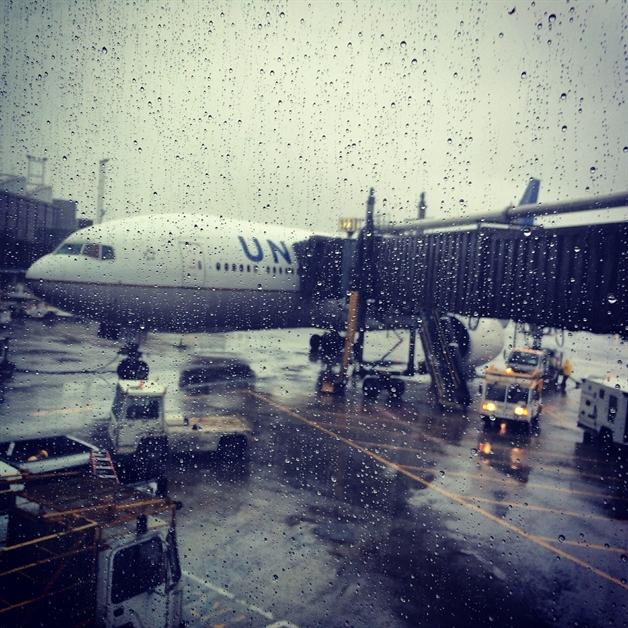What is an extraordinary circumstance?

When does an extraordinary circumstance apply?
We refer to an extraordinary circumstance when the airline isn’t at fault for a flight delay or cancellation. Here are some examples of circumstances that could be considered as extraordinary:
- Bad weather: Storms, thunderstorms, heavy rain but also thick clouds can disrupt air traffic. In the case of bad weather usually multiple flights departing from the same airport are affected by this.
- Strikes: In the UK it has been ruled that any strike, no matter if it’s by a third party or the airline’s own staff, is considered an extraordinary circumstance.
- Medical emergencies: If a passenger is taken ill during a flight and the flight has to make an emergency landing at the nearest airport, you are not entitled to compensation for the delay.
- Terrorism: In case of a terrorist attack we also speak of an extraordinary circumstance.
- Bird strike: The term ‘bird strike’ refers to damage to the aircraft caused by a collision with a bird. A bird strike is usually considered an extraordinary circumstance and therefore eliminates your right to claim compensation in the case of a delay.
When can’t the airline claim an extraordinary circumstance?
Often confused with each other is ‘an extraordinary circumstance’ and a circumstance that is not the ‘fault’ of the airline.. A technical defect can occur spontaneously. For example, a flat tyre. The airline is responsible for the maintenance of the aircraft and many technical faults can be prevented that way. Technical defects that cause delays over three hours are not considered extraordinary and you can claim compensation. Below we give you some examples of situations where the airline cannot claim an extraordinary circumstance.
- Technical defect: Unfortunately technical defects are a common occurrence in daily aviation. The airlines are responsible for the maintenance of their aircraft and for rearranging flights at short notice. Passengers are entitled to compensation if a technical defect causes a delay of more than three hours.
- Delays or bad weather on previous flight: The word previous says it all. A delay on the previous flight due to bad weather (except in certain circumstances) has nothing to do with your flight. Is this the given reason you were given for a long delay? Then you may be entitled to compensation.
- Sickness of crew: Crew sickness is a risk every operating business has to deal with. The airline is responsible for a standby crew. Again, this is not considered as an extraordinary circumstance.
Have you experienced a long delay or cancellation? Check your compensation entitlement in our claim calculator.